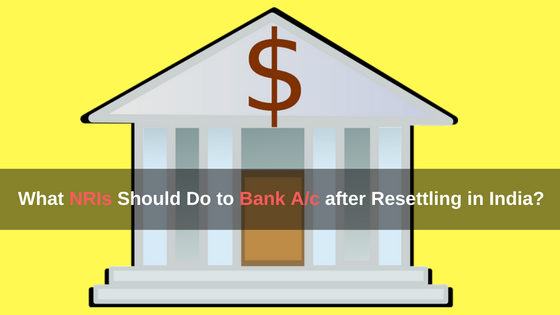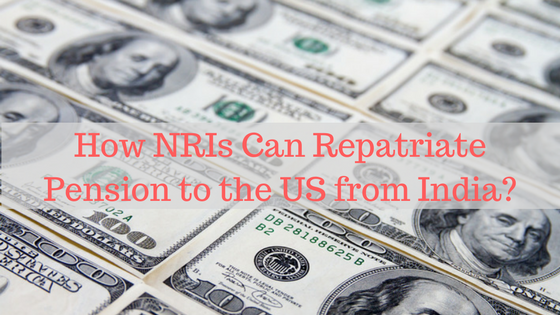
NRIs Need PAN No. for These Transactions besides Tax Payment
Do you think PAN card is required for tax payment only? Indeed, it should be provided at the time of tax payment. But there are certain more arenas where this unique number is mandatory requirement for emigrants, like NRIs.
Let’s catch on the conditions/ transactions when Permanent Account Number, that is a 10-digit unique alphanumeric number, is asked to present.
- For getting rid of higher tax deduction at source: It’s a provision in the income tax law under Section 195 that PAN number should be essentially provided. Otherwise, any residents or non-residents have to encounter higher tax deduction at source. In case their payable interest exceeds INR 10,000 and the number is not provided, the bank is free to cut TDS @ 30 percent.
- For providing HRA benefit to the tenant: If the non-residents earn rental income more than INR 1 lakh a year, their unique account number must be provided to the tenant so that he/she can get HRA benefits.
- For mutual fund (MF) investments: If the invested MF amount is under INR 50,000, there is no need to provide the unique ID no.. But if the MF investment exceeds this limit, the emigrant has to hand over this number along with his photograph & address proof as a mandatory formality of Know Your Customer (KYC).
- For refund from Income Tax department: The aim of income tax return is to pay the income tax over the income that surpasses the threshold limit. Emigrants can get more refund against the tax paid through forwarding this card number. If their income does not fall under the cap of taxable income, they need not provide it.
- For demat account: To open a Dematerialized Account for buying stocks & shares, emigrants must quote their PAN number.
- For FD investment: However, the natives of India must quote this number only when their investment in Fixed Deposit surpasses aggregate INR 5 lakh in a financial year. But emigrants have to do so compulsorily for taking benefits out of NRI services in abroad and indigenously.
- For purchase of foreign currency: Immigration arises the need of currency exchange. Therefore, the emigrants have to mention their unique ID no. for converting INR into the foreign currency.
- For prodigal hotel/restaurant bill: The Income Tax rule 114B mandates mentioning of this number if the restaurant or hotel bill exceeds INR 50,000 but only a time.
- For investing in RBI bonds: As stated above, the investment by emigrants in stocks and bonds would be permissible if the unique ID number is provided.
- For cash/cheque deposit/pay order: If the cash/cheque deposit/pay order exceeds INR 50,000, the emigrants have to quote their Permanent Account Number in the form.
- For premium payment: The emigrants investing aggregate amount over INR 50,000 as life insurance premium in a financial year would be worthy to quote PAN details mandatorily under Section 114B.
- For sale/purchase of unlisted company share: This card number is mandatory if the emigrant expends INR 1 lakh or more in the unlisted company shares.
- For the purchase of immovable property: NRIs are barred from buying any agricultural land in India. Except it, they can invest in any kind of immovable property provide that they forward their unique account number with other documents.
- For sale/purchase of goods & services: Section 114B mandates this number on the payment over INR 2 lakh for purchasing goods and services.
- However, NPS investment falls under tax-exempt bracket but if the amount exceeds INR 50,000, the applicant has to showcase PAN card for withdrawing it.
However, this card is mandatory but in case the emigrant does not have it, he/she can fill Form 60 alternatively.







 this is link
this is link